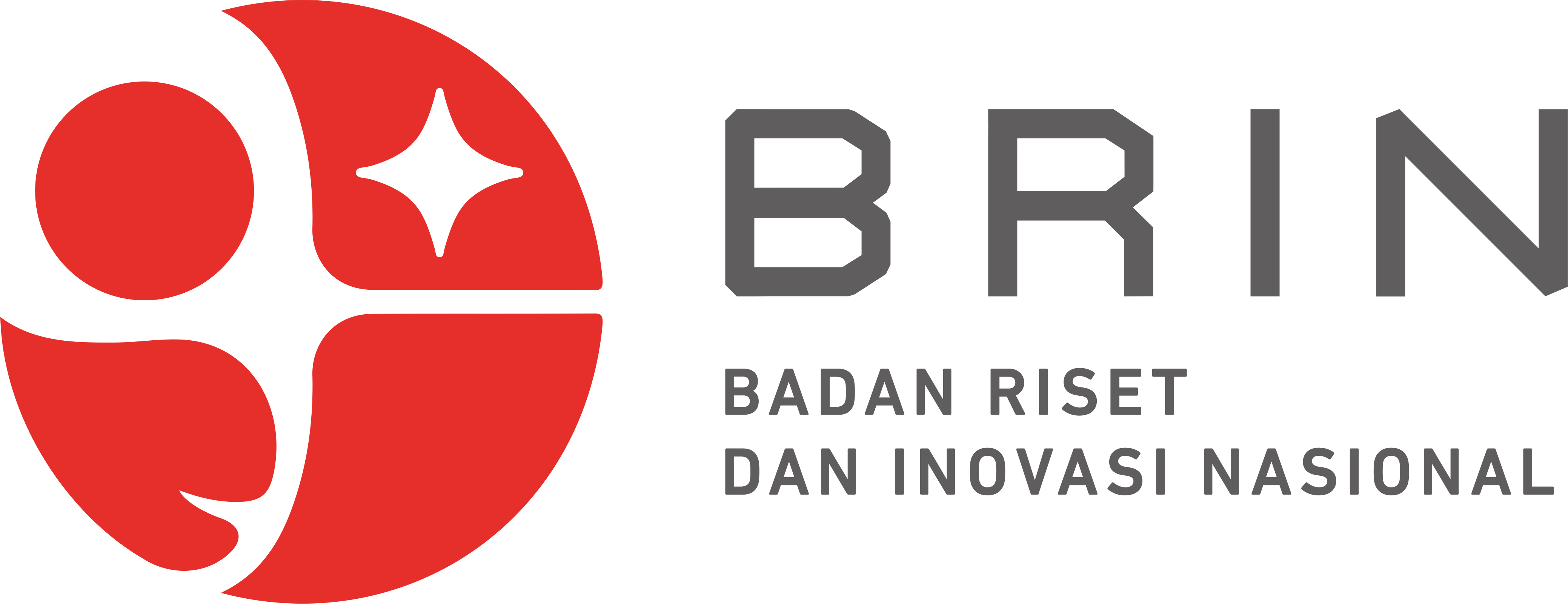Pemahaman dan Kepedulian Penerapan Green Accounting: Studi Kasus UKM Tahu Tempe di Kota Bandar Lampung
DOI:
https://doi.org/10.25181/esai.v13i1.1271Abstrak
The general objective of this study is to find out whether: 1) the SMEs of tofu and tempe in Bandar Lampung city have knowledge of the concept of green accounting 2) the SMEs of tofu and tempe in Bandar Lampung city care about the environment. The type of data used in this study is primary data, namely by interviewing and distributing questionnaires to the businessmen of tofu and tempe in Bandar Lampung city. Based on the results of the questionnaire, it was found that the understanding of the perpetrators of SMEs of tofu and tempe in Bandar Lampung city is still low because the preference of the interests of the actors of SMEs of tofu and tempe is still focused on operating profits not on product quality and environmental quality. The lack of awareness of environmental impacts that can affect the sustainability of its business is a factor that causes the low level of understanding. In terms of knowledge of the environmental costs, SMEs is also identified low. This is because the business actors are unable to identify what constitutes the components of environmental costs which also become a factor that causes low understanding of the SMEs. Keywords: Green Accounting, Environmental Costs, SMEs.Unduhan
Referensi
Jurnal
Arizona, I Putu Edy dan I Wayan Suarjana. 2017. Kepedulian Dan Pengetahuan Pelaku Bisnis Mengenai Green Accounting. Jurnal Riset Akuntansi JUARA. Vol.7 No.2, September 2017.
Kartikasari, Lisa. 2012. Niat Akuntan dan Akuntansi Lingkungan. Universitas Islam Sultan Agung. vol: | issue : | 2012.
Martusa, Riki. 2009. Peranan Environmental Accounting terhadap Global Warming. Jurnal Akuntansi Vol.1 No 2 November 2009: 164-179. Bandung.
Musyarofah, Siti. 2013. Analisis Penerapan Green Accounting di Kota Semarang. Fakultas Ekonomi Universitas Negeri Semarang. ISSN 2252-6765 http://journal.unnes.ac.id/sju/index.php/aaj.
Fasua, Kayode Olushola, 2011, “Environmental Accounting: Concept and Principles†Certified National Accountant Volume 19 Number 2 April – June, 2011.
Buku
Ikhsan, Arfan. 2008. Akuntansi Lingkungan dan Pengungkapannya. Yogyakarta: Graha Ilmu.
Sri. Winarti dan Sutapa Mulya. 2007. Sosiologi. Surakarta: UNS Press.
PRIMKOPTI. 2016. Data Primer Koperasi Tahu Tempe Indonesia 2016.
Artikel dalam Prosiding
Ja’far S, Muhammad dan Lisa Kartikasari. 2012. Carbon Accounting: Implikasi Strategis Perekayasaan Akuntansi Manajemen. SNA XII Palembang. vol: | issue : | 2009
Kwarto, F. 2010. Synchronization Of Green Accounting With Company Managerial Accounting; A Corporate Financial Department Perspective.
Pramanik, A.K., Shil, N.K., dan Das, Bhagban. 2008. Environmental Accounting and Reporting with Spesial Reference to India. MPRA Paper No. 7712. India
Wiryani, Erry. 2007. “Analisis Kandungan Limbah Cair Pabrik Tempe†Universitas Diponegoro. Semarang. BIOMA . ISSN 1410-8801.
Skripsi, Tesis, Disertasi
Christyawa, Thomas T. 2014. Kepedulian Dan Pengetahuan Pelaku Usaha Mengenai Green Accounting (Studi Kasus Pada Usaha Tahu Di Kota Salatiga). Skripsi Mahasiswa Fakultas Ekonomika Dan Bisnis Universitas Kristen Satya Wacana Salatiga.
Purwaningsih, I. 2008. Pengolahan Limbah Cair Industri Batik Cv. Batik Indah Raradjonggrang Yogyakarta Dengan Metode Elektrokoagulasi Ditinjau Dari Parameter Chemical Oxygen Demand (COD) dan Warna, Skripsi Untuk Memperoleh Gelar Sarjana Teknik Lingkungan, UII, Yogyakarta.





















